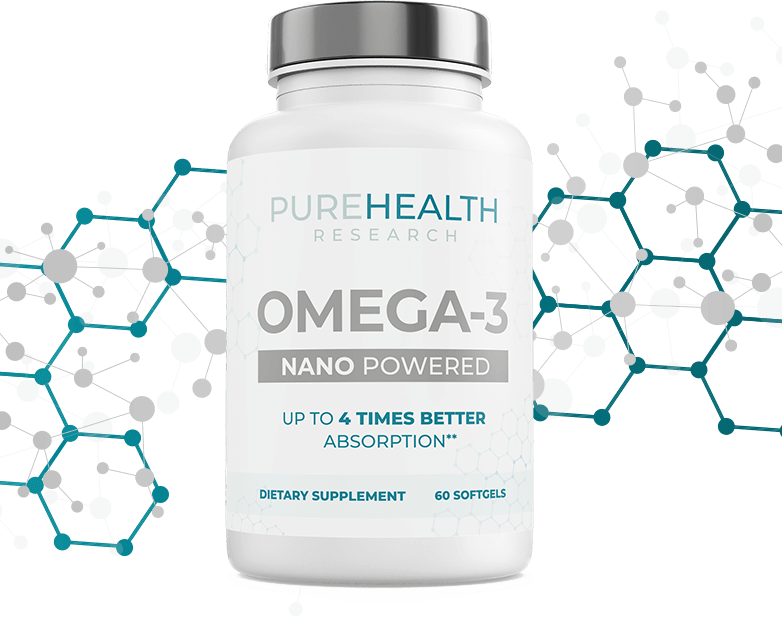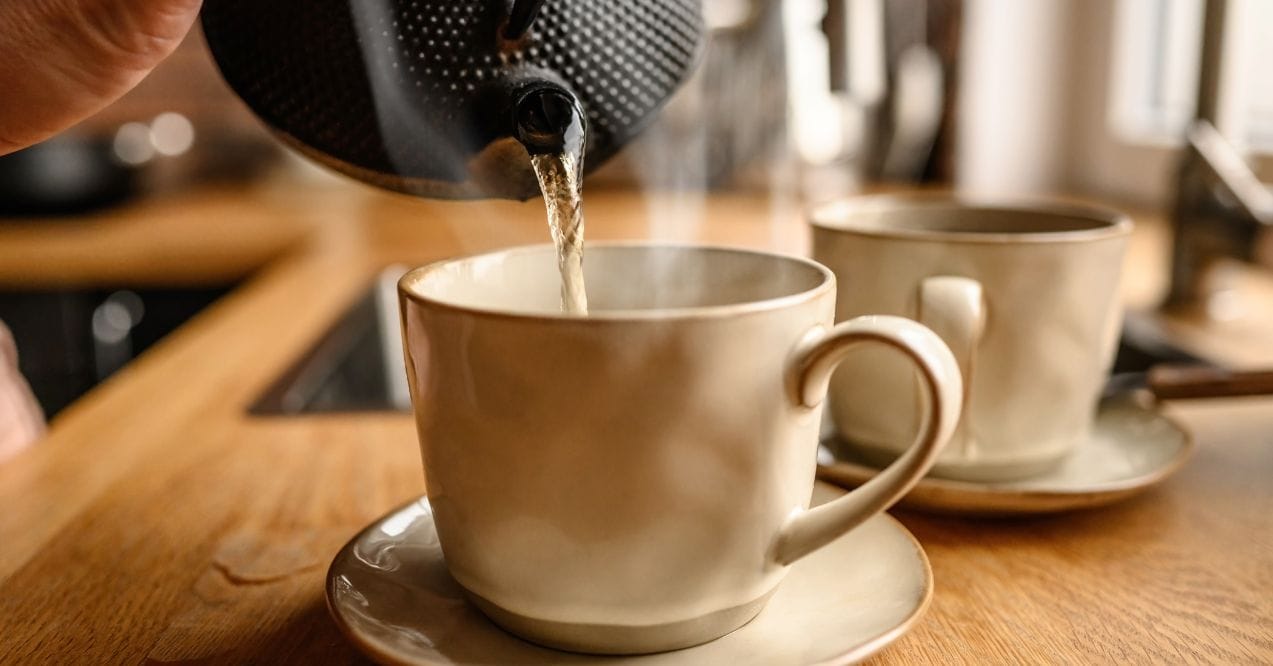6 Best Tea Choices For Your Immune System
Medically reviewed by our experts
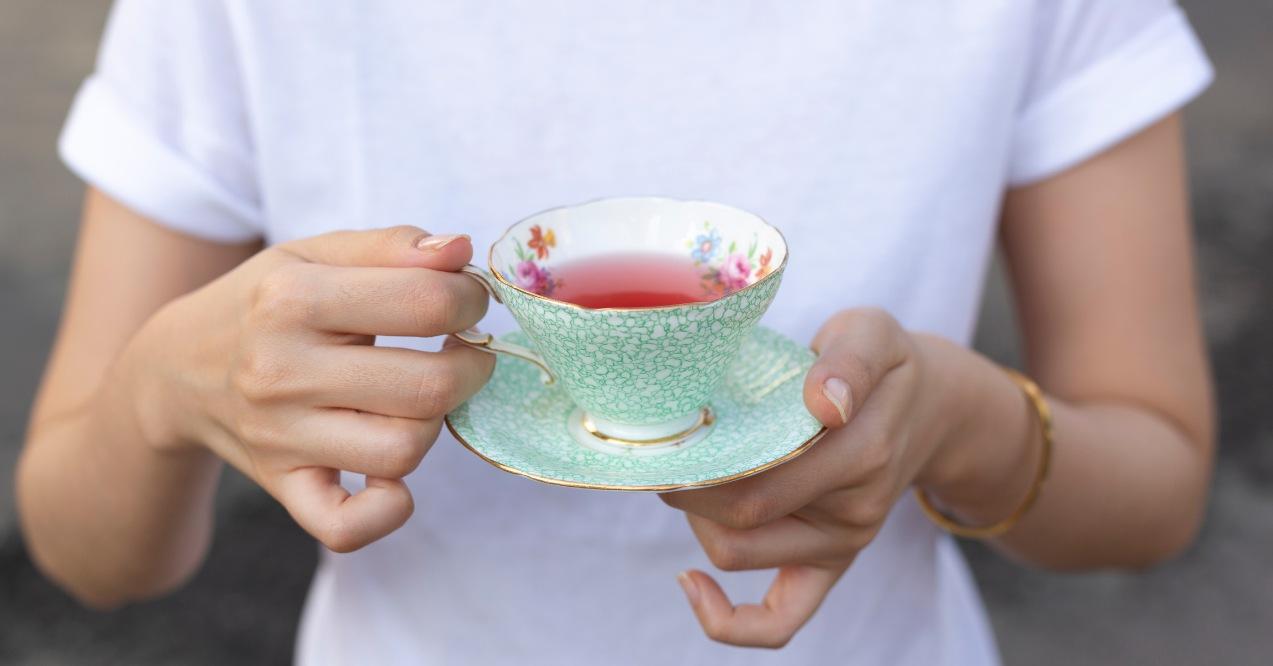

In 2023, maintaining a strong and resilient immune system is more crucial than ever. One accessible and enjoyable way to support immune health is by sipping on the best tea for the immune system.
Teas are rich in antioxidants, anti-inflammatory properties, and other essential nutrients that may support your body’s defenses. In this article, we explore six top picks that you should consider. Each selection is crafted not only for its flavor but also for its potential to promote your well-being, offering a combination of traditional wisdom and modern insights into health.
Incorporating these teas into your daily ritual may be a transformative experience. It’s not just about the act of drinking tea but embracing a lifestyle that is conscious, intentional, and aligned with the rhythms of nature. As you explore these six exceptional teas, you are not just choosing a beverage; you are opting for a journey into a world where health and well-being are not just aspirations but attainable reality.
Tea and the Immune System
The immune system is a complex network of cells and proteins designed to defend the body against attacks by “foreign” invaders. Specialized defenses are particularly strong in mucosal areas, the moist surfaces of the body like the insides of the nose and mouth. Mucus and secreted proteins in these areas act as initial barriers, attempting to catch and neutralize pathogens before they can enter the body.
Mucosal surfaces are critical as they are interfaces between the external environment and the internal body systems. They allow the exchange of gasses, nutrients, and waste, but they’re also vulnerable to the invasion of pathogens. Balancing this act of exchange and defense is crucial.
While our immune system is naturally equipped with intricate defenses, including specialized components protecting our mucosal areas, external support may enhance its efficiency. Just as our body employs mucus and secretory immunoglobulins to guard against pathogens, certain teas provide additional layers of defense, supporting the immune system’s ability to respond to potential threats.
This is where the incorporation of the best teas for the immune system plays a significant role. They provide additional reinforcements, strengthening the walls, and enhancing the alert systems against potential invaders. In the complex dance of cellular and protein defenses, especially in the vulnerable mucosal areas, these teas stand as allies, contributing to the immune system’s resilience and adaptability. Each sip is not just a moment of relaxation but also a step towards a fortified, well-defended body.
Best Herbal Teas for Immune System
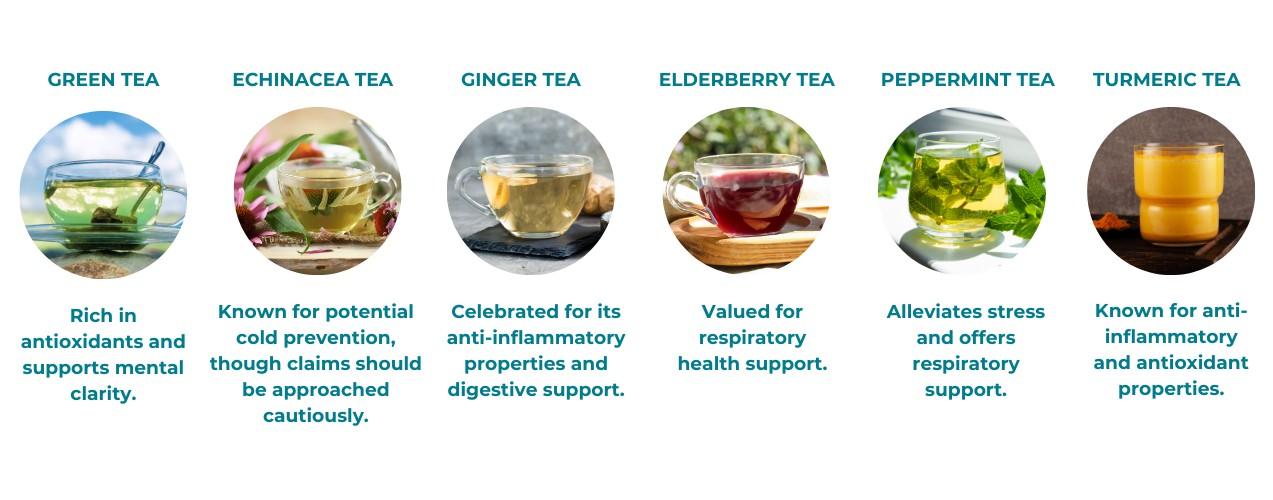
Various studies have illustrated a correlation between the consumption of herbal teas and enhanced immune responses, attributed to their rich content of antioxidants, vitamins, and minerals. These natural compounds work in unison to fortify the body’s defenses, offering both immediate and long-term benefits.
The appropriate timing and method of consuming herbal teas may influence their efficacy. For optimal benefits, it’s often recommended to enjoy these teas in moderation, particularly during the colder months or periods of stress when the immune system might be more vulnerable.
However, over-relying on herbal teas or consuming them in excessive amounts may sometimes lead to side effects, including digestive discomfort and potential interactions with medications. There’s a myth that herbal teas may serve as a cure-all remedy. It’s essential to debunk this and understand that while these teas may support immune health, they are not a substitute for a comprehensive health and wellness regimen.
Always consider individual dietary restrictions and preferences, and consult with a healthcare professional to ensure that the incorporation of herbal teas aligns with your specific health needs and goals.
So, with that said, let’s dive deeper into your options for the next best tea for immune system.
1. Green Tea
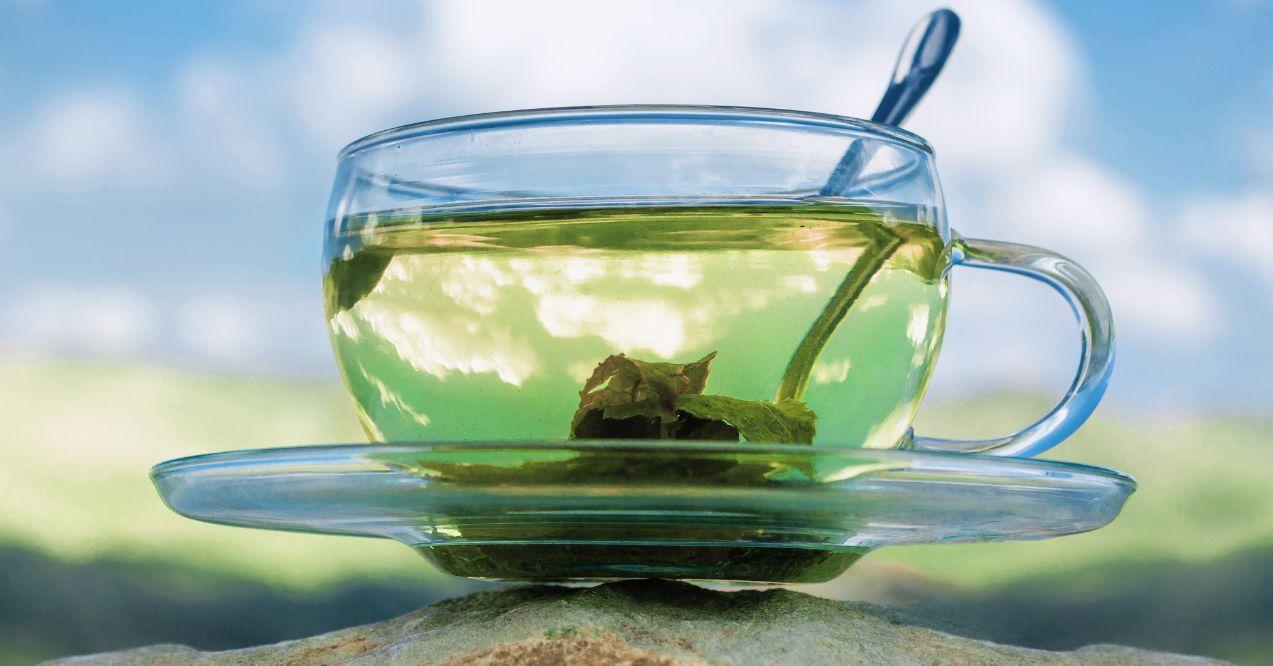
Green tea stands tall in the world of health beverages. Best green tea for immune system support is packed with flavonoids and epigallocatechin gallate (EGCG), compounds renowned for their powerful antioxidant properties. These antioxidants may help in supporting the body’s immune system, keeping you feeling vibrant and energetic.
Green tea is also known for its mild and soothing flavor, making it an excellent choice for daily consumption. Originating from ancient traditions, green tea has been celebrated for generations for its holistic benefits, offering a bridge between the past and present wellness landscapes.
Green tea not only uplifts the immune system but also supports mental clarity and focus due to the presence of amino acid L-theanine. This magical elixir aids in metabolism, promoting fat break down and healthy weight maintenance.
The low caffeine content ensures a stable energy boost without the jitters, enhancing daily productivity. Incorporating green tea into your daily routine serves as a testament to its timeless legacy, merging ancient wisdom and modern wellness.
2. Echinacea Tea
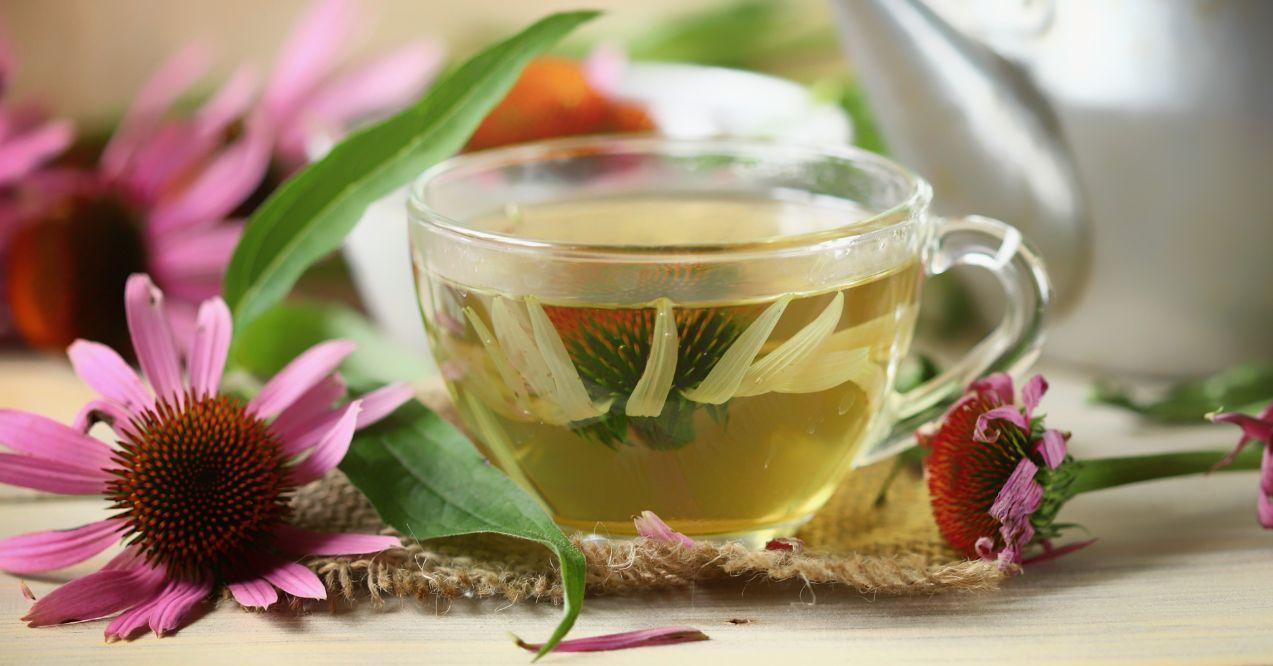
Echinacea tea, often hailed as the go-to at the first whisper of a cold, finds its roots deeply embedded in the world of herbal remedies. Though it’s not a universal cure, many still swear by its alleged benefits.
Pronounced eh-kuh-nay-shuh, echinacea is available in a multitude of forms – capsules, tinctures, and, predictably, tea. It boasts a reputation for housing antimicrobial compounds, though the extent of their effectiveness in combating colds, flu, and other illnesses is a subject of ongoing debate.
Its acclaimed antioxidant and anti-inflammatory properties are frequently touted, with proponents asserting that echinacea may facilitate a faster regenerative process. However, it’s worth approaching such claims with a measure of caution, considering the varying individual responses and the lack of universal consensus in the scientific community. The tea, characterized by a mildly floral and somewhat tongue-tingling taste, does have its aficionados.
It’s said to blend well with ginger, peppermint, and lemongrass, each of which, in their own right, are also frequently associated with immune-supporting claims. However, in the realm of herbal remedies, a discerning approach, rooted in empirical evidence and personalized healthcare advice, is always prudent. In the world of echinacea tea, as with any herbal supplement, a balanced perspective, tempered by clinical evidence and individual health assessments, remains paramount.
3. Ginger Tea
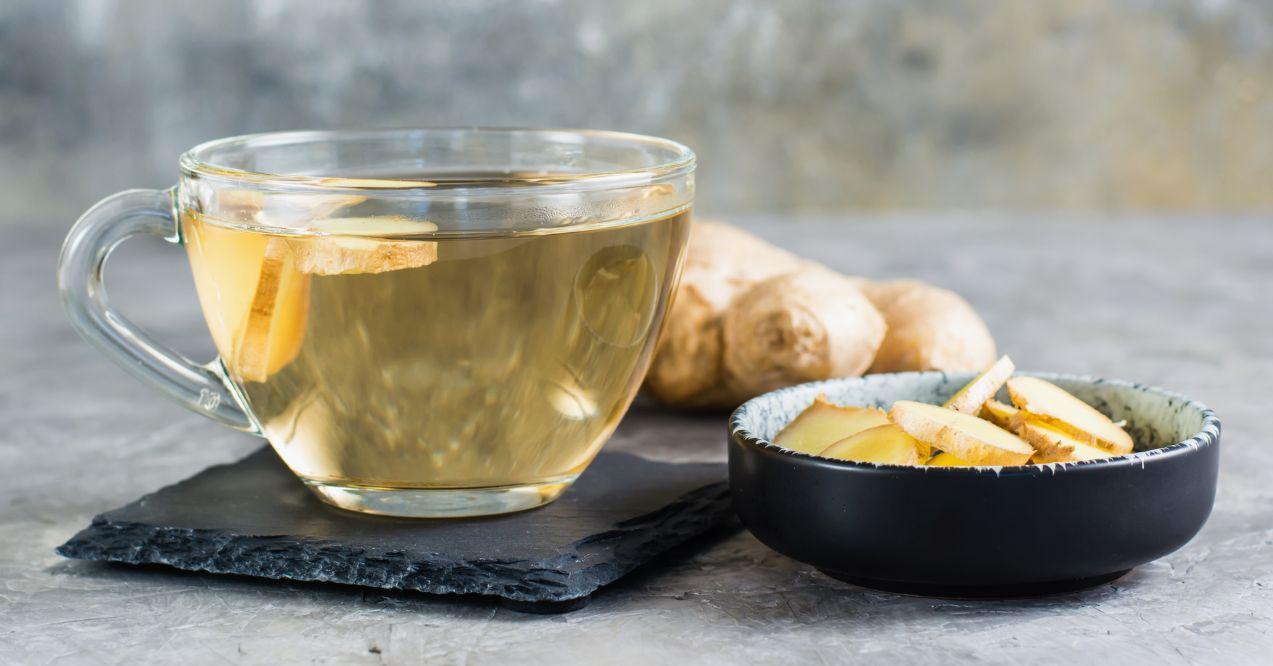
In the endless array of natural remedies available, ginger tea carves out its niche as a warm, soothing brew known for its myriad of potential health benefits. With its rich history in traditional medicine and a growing body of modern scientific research to support its esteemed reputation, ginger tea emerges as a formidable ally for the immune system.
Ginger, is rich in bioactive compounds including gingerol, a substance with powerful anti-inflammatory and antioxidant properties. These compounds scavenge free radicals in the body, reducing oxidative stress and fostering an environment where cells, including those of the immune system, can thrive.
The aromatic scent and spicy flavor of ginger tea are indicative of its benefits to the respiratory system. By promoting healthy respiratory function, it supports the body’s natural defenses against respiratory pathogens. Ginger tea acts as an expectorant, helping to break down and expel mucus, clearing the airways and making breathing easier.
Ginger tea’s role in promoting digestive health also plays a pivotal part in immune function enhancement. A healthy gut is intrinsically linked to a optimal immune responses. By fostering optimal digestive function and contributing to a balanced gut flora, ginger tea supports the gut-associated lymphoid tissue (GALT), a critical component of the immune system.
Also, promoting better gut health with Ginger tea may help you rebuild your immune system after using antibiotics.
4. Elderberry Tea
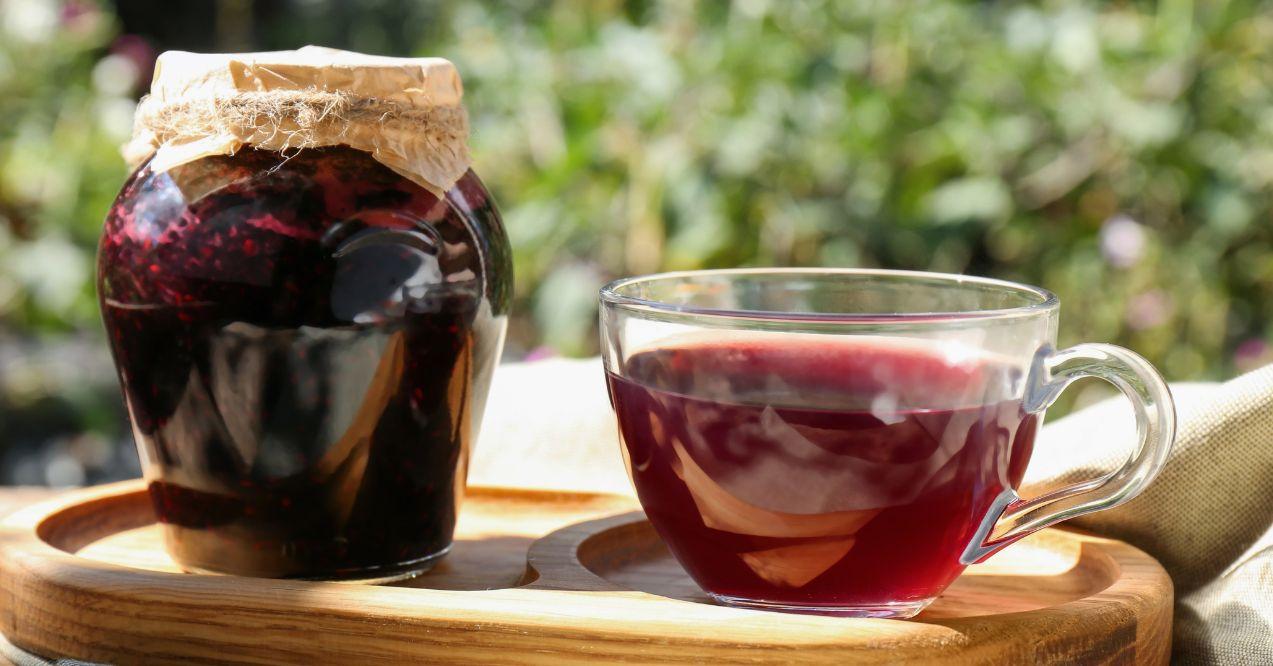
In the grand tapestry of natural wellness, elderberry tea gleams as a historical gem, revered through generations for its potent health-promoting properties. This dark, flavorful brew, derived from the berries of the Sambucus tree, intertwines the wisdom of ancient traditions with contemporary scientific insights. In the quest for immune support, elderberry tea emerges as a potent, yet gentle companion.
Elderberry tea has earned accolades for its supportive role in respiratory health and the immune system. Traditionally, it has been a go-to remedy for mitigating cold and flu symptoms, a reputation now under the lens of modern scientific scrutiny. Preliminary studies indicate a potential reduction in the severity and duration of these illnesses, however further studies are necessary.
Elderberry is endowed with a diverse array of nutrients including antioxidants, vitamins, and minerals, each playing a harmonious tune that resonates with our body’s natural rhythm. The deep hue of elderberry tea is testament to its rich anthocyanin content, a type of antioxidant that not only bestows the berries with their characteristic color but also confers robust defense mechanisms against oxidative stress.
5. Peppermint Tea
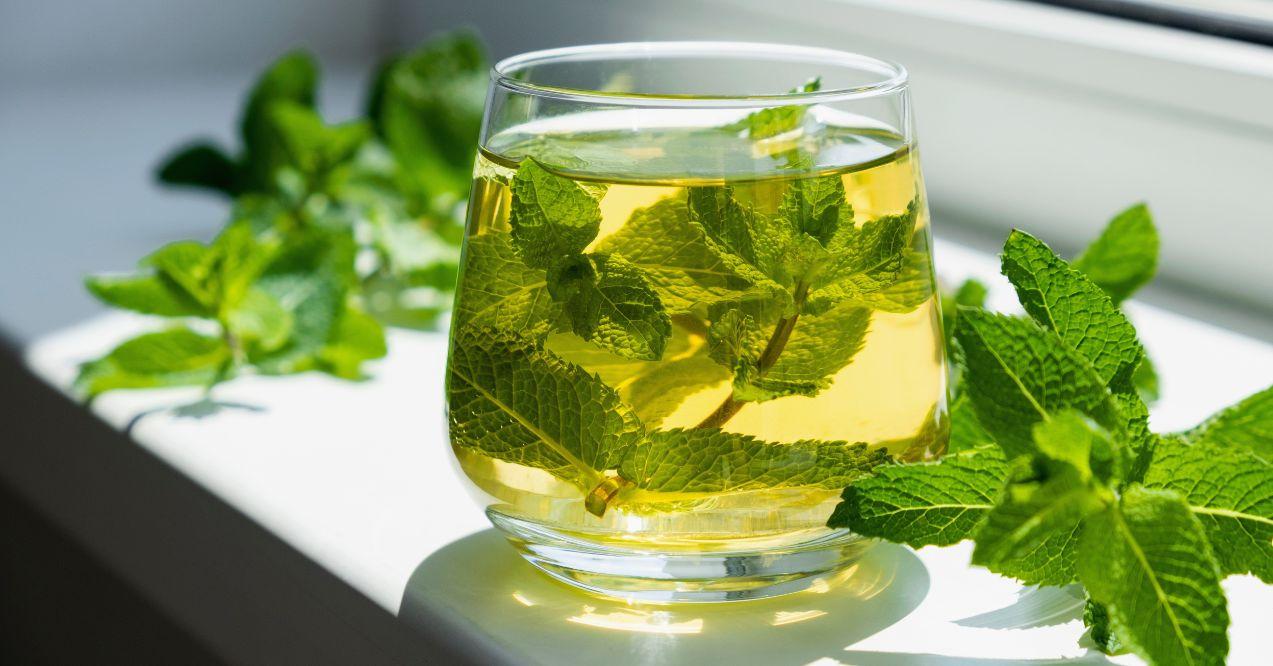
Peppermint tea captivates our senses with its aromatic scent and cool, invigorating flavor, while simultaneously weaving an array of wellness within. Rich in essential oils, antioxidants, and phytonutrients, this tea may help with oxidative stress, enhancing cellular function and resilience.
Peppermint tea may clear and soothe the respiratory tract. The menthol content aids in breaking down mucus, promoting easier breathing and offering comfort during cold and allergy seasons. The tea’s ability to alleviate congestion underlines its role as a natural supporter of respiratory health.
Stress management is pivotal in immune health. The soothing properties of peppermint tea might reduce stress, tension, and feelings of distress, creating a state of calm where the immune system may function optimally. Each brew ushers in tranquility, paving the way for a balanced immune response.
6. Turmeric
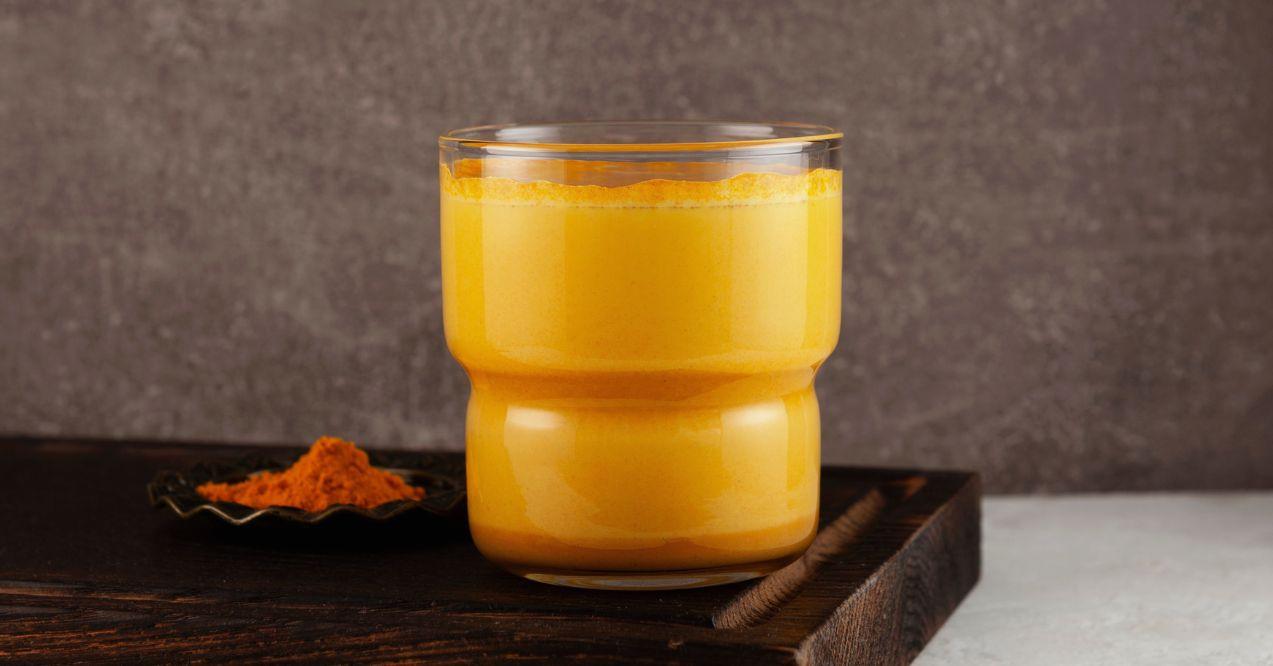
Turmeric’s vibrant color is a testament to its rich curcumin content, a compound that takes the center stage in boosting immunity.
Turmeric tea plays an active role in nurturing gut lining integrity and digestive wellness, a cornerstone for ideal immunity. By promoting a healthy gut flora and supporting digestive processes, this tea ensures that the immune system derives the full benefit of nutrients from the food we consume.
What is white turmeric? While similar to its yellow counterpart, white turmeric, also known as Zedoary, has its unique properties and benefits. Incorporating both types of turmeric can further enhance health benefits.
Turmeric tea works dynamically to promote healthy immune responses. Its potential anti-inflammatory and antioxidant properties work hand in hand to help immune functions. The active compounds in turmeric support the body’s natural defenses, potentially reducing pro-inflammatory molecules, swelling, and promoting a balanced immune response.
In a world where mental well-being is intrinsically tied to physical health, the calming effects of this tea may contribute to an overall environment where the immune system can thrive unaffected by the adverse impacts of stress.
What to Look For When Buying Best Immunity-Supporting Hot Teas?
The soul of a potent immunity-supporting hot tea lies in the integrity of its ingredients. Look for teas that boast organic, all-natural, and high-quality components. The absence of artificial additives, preservatives, and flavors is not just a standard but a necessity to harness the pure, unadulterated power of nature.
Here is the list of things to look for while searching for the best immune supporting tea on the market:
- Science and tradition should walk hand-in-hand when selecting the best hot tea for immune system health. A tea backed by scientific research, clinical trials, and traditional wisdom guarantees not just efficacy but safety. Ingredients like ginger, turmeric, echinacea, and green tea have garnered accolades in the scientific community for their potential immune-supportive properties.
- The journey of the tea from the garden to your cup plays a pivotal role in determining its potency. Brands that emphasize ethical sourcing, sustainable practices, and fair trade ensure that the tea is imbued with the integrity of process and purity of intention.
- Loose leaf teas are often lauded for their superior quality and potency. They retain a higher concentration of the essential oils and aroma, primarily because they are less processed than their teabag counterparts. When you opt for loose leaf, you’re immersing in a rich, complex flavor profile and harnessing the full spectrum of the tea’s nutritional benefits.
Incorporate this vital aspect into your selection process, and remember that whether it’s loose leaf or a teabag, the journey to optimize immunity is as much about the quality of the tea as it is about the consistency of the practice and the mindfulness of the experience.
Supporting Immune System With Supplements
Choosing high-quality teas and supplements for immune system, backed by research and ethical manufacturing practices, is paramount. Moderation and adherence to recommended dosages ensure that the immune system is supported and not overwhelmed.
In addition to exploring the world of teas, Dr. Holly Lucille recommends the Nano Powered Omega 3.
Omega-3 fatty acids, particularly EPA (eicosapentaenoic acid) and DHA (docosahexaenoic acid), are essential for supporting and maintaining a balanced and functional immune system.
The intricate dance between immunity-supporting teas and supplements is akin to a harmonious ballet of nature and science. As we step into a world where immune health is paramount, this combined approach emerges as a holistic pathway. Each sip of the nutrient-rich brew, coupled with the targeted support of supplements, is a stride towards a fortress of health and resilience.
Conclusion
In conclusion, choosing the right type of tea may be a pivotal step in nurturing your immune health. Each of these teas offers a unique blend of properties that contribute to overall well-being. Incorporating these beverages into your daily routine can be a pleasurable and effective way to embrace a lifestyle that prioritizes wellness and vitality.
Embarking on a DIY journey to brew immunity-supporting teas is akin to stepping into a world where tradition and science weave a dance, blending the ancient wisdom of herbs with the contemporary understanding of health.
Here is our list of DIY teas to make at home:
1. Citrus-Ginger Harmony
Ingredients: Freshly sliced ginger, a dash of honey, and a sprinkle of lemon or orange zest.
Preparation: Steep in hot water and enjoy this zesty infusion known for its potential immune-healthy and anti-inflammatory properties.
2. Turmeric Golden Elixir
Ingredients: Ground turmeric, a pinch of black pepper (to enhance curcumin absorption), and a dollop of honey.
Preparation: Mix into warm water or milk, creating a soothing beverage to support your immune responses.
3. Minty Green Delight
Ingredients: Green tea leaves, fresh mint, and a spoonful of honey.
Preparation: Infuse the blend in hot water for a refreshing and antioxidant-rich drink that dances between relaxation and revitalization.
4. Herbal Fusion
Ingredients: Echinacea, elderberry, and chamomile for a floral, earthy infusion.
Preparation: Steep the mix of these herbs for a holistic immune support experience.
5. Spiced Immunity Chai
Ingredients: Black tea, cardamom, cinnamon, cloves, and a hint of ginger.
Preparation: Brew this aromatic tea for a warming, spicy uplift that not only tantalizes the taste buds but also supports the immune system.
There isn’t a one-size-fits-all answer to the “healthiest” tea to drink daily, as the best choice can vary depending on individual health goals, dietary preferences, and potential food allergies or sensitivities.
However, some teas are often recommended for their broad health benefits. Here are some commonly consumed teas known for their health-promoting properties:
1. Green Tea
Benefits: Rich in antioxidants, supports metabolism, may aid in weight management, and provides a gentle energy boost.
Best For: Overall wellness, mental clarity, and metabolic support.
2. Chamomile Tea
Benefits: Promotes relaxation, aids sleep, and may help with digestive issues.
Best For: Relaxation and digestive health.
3. Black Tea
Benefits: Contains antioxidants, supports heart health, and provides a more significant energy boost than other teas.
Best For: Energy and cardiovascular support.
Popular Articles
Advertisement. This site offers health, wellness, fitness and nutritional information and is designed for educational purposes only. You should not rely on this information as a substitute for, nor does it replace, professional medical advice, diagnosis, or treatment. If you have any concerns or questions about your health, you should always consult with a physician or other health-care professional. Do not disregard, avoid or delay obtaining medical or health related advice from your health-care professional because of something you may have read on this site. The use of any information provided on this site is solely at your own risk.
